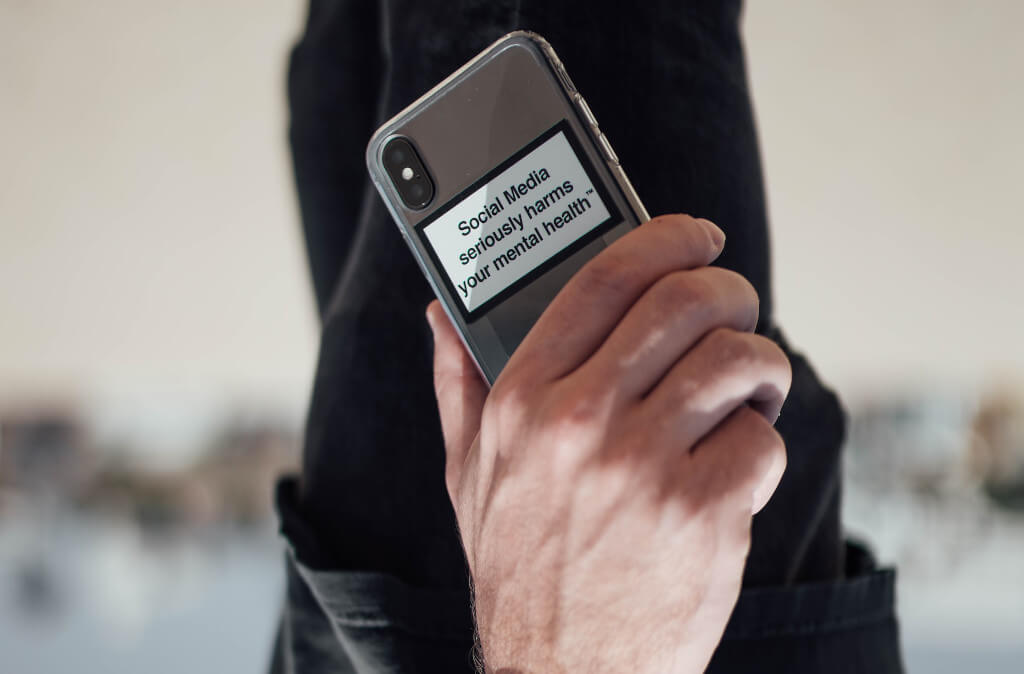Regardless of how much we like using social media to maintain our connections with others, compulsive use can result in sensations of dependency, worry, melancholy, loneliness, and fear of missing out. Change your routines to lift your spirits with these helpful suggestions.
The Impact That Social Media Platforms Have on Users’ Mental Health
We as humans are social beings by nature. To flourish in this life, we require the company of other people, and the quality of our relationships has a significant bearing on both our psychological health and our level of contentment. Being socially linked to other people can reduce feelings of stress, worry, and depression; increase feelings of self-worth; bring happiness and peace; avoid feelings of isolation; and even add decades to your life. On the other hand, not having many solid social ties can be detrimental to one’s psychological and emotional well-being and pose a severe threat to one’s well-being.
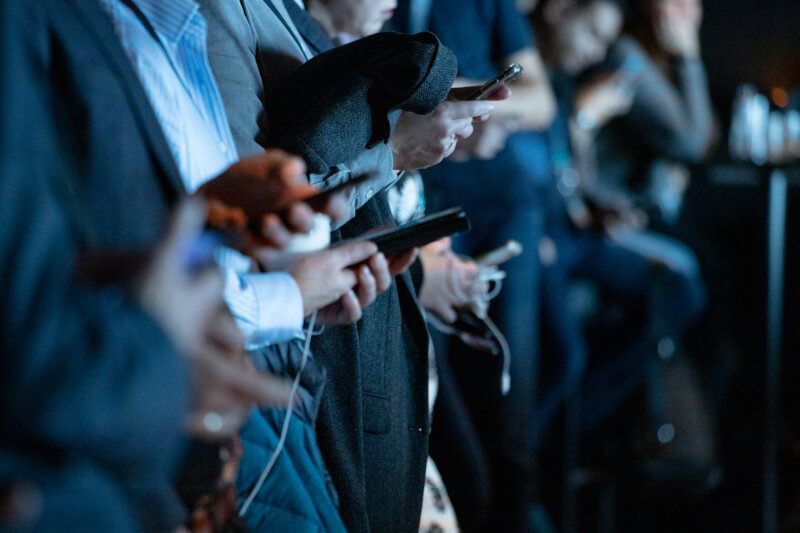
Numerous people in today’s modern world depend on social media sites such as Twitter, Whatsapp, YouTube, and Instagram to locate each other and communicate with one another. Although each has its advantages, it is essential to keep in mind that online platforms will never be able to take the place of face-to-face interactions with actual people.
To release the hormones that help relieve stress and enable you to feel better, healthier, and more optimistic, it is necessary to have direct social interaction with other people. Investing an excessive amount of time participating in social media could indeed, paradoxically, leave you feeling quite alone and isolated, as well as aggravate mental health issues such as depression and anxiety. This is even though this technology is intended to connect individuals and bring them closer to one another.
If you think that your life is being negatively impacted by a sense of unhappiness, discontent, irritation, or isolation and you spend an inordinate number of hours on social media, it might be worth reconsidering your behavioral patterns and discovering a better way to strike an equilibrium between the two.
The Merits of Using Various Social Media Platforms
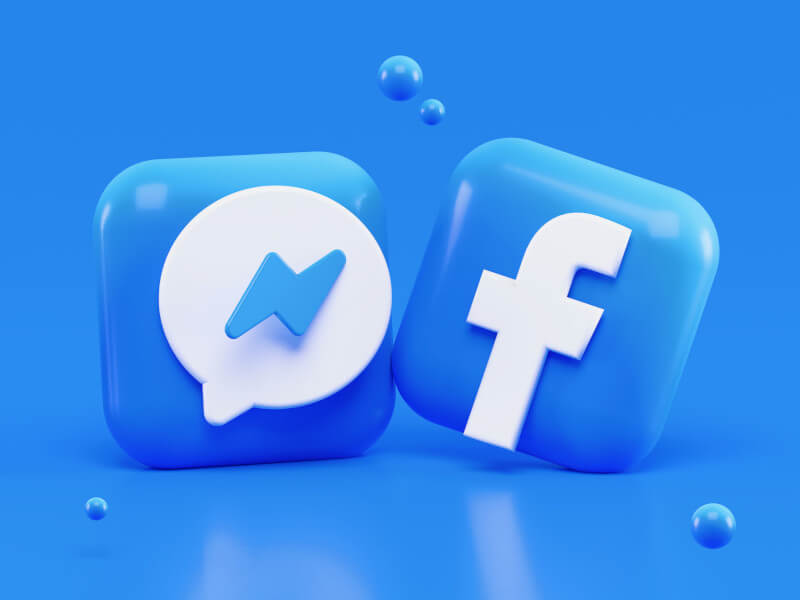
Even if the face-to-face connection has a greater impact on a person’s mental health than a virtual connection on social media, there are numerous good ways in which using social media may assist you in remaining engaged with others and enhance your overall health. Social platforms allow you to:
- Maintain contact with relatives and friends located in other parts of the world and discuss current events with them.
- Find new individuals to be your friends and join new communities; connect with others who have goals or interests that are similar to yours.
- Participate in or support worthwhile causes; bring attention to significant issues.
- During times of difficulty, it is important to either seek or provide emotional assistance.
- Locate crucial social connections if you reside in an isolated area, for instance, or if you have restricted freedom, confidence issues, or if you’re a member of a community that is excluded.
- Find a way to express yourself creatively and get your ideas out into the world.
- Find, with caution, sources that can provide you with useful information and education.
The Problems That Can Arise From Using Social Networking
Because it is a comparatively recent medium, there is not a lot of research that has been done to demonstrate the long-term repercussions, whether they are positive or negative, of using social media. Nevertheless, numerous studies have identified a solid connection between extensive use of social platforms and an elevated risk for a variety of mental health issues, including sadness, anxiety, feelings of isolation, thoughts of self-harm, and perhaps even suicidal tendencies. The use of social media may encourage unfavorable outcomes such as the following:
A Lack of Satisfaction With Some Aspects of Your Life or Looks
Even if you are aware that the pictures you see on social media have been altered in some way, looking at them can still cause you to be concerned about the way you look or the things that are happening in your personal life. In a related manner, we are all conscious that others frequently talk about only the positive aspects of their life and rarely discuss the difficult times that are common to everyone’s lives. However, this does not make the feelings of jealousy and unhappiness any less intense when you are looking through your friend’s images of their retouched vacation on an island beach or when you are hearing about their amazing new job promotion.
The FOMO and Attachment to Social Media
Even though FOMO has existed for a longer time than social networking has, it seems that sites like Facebook and Instagram exaggerate the impression that other people are having better fun or are leading happier lifestyles than you are. The perception that you are missing out on specific experiences can have a negative influence on your sense of self-worth, lead to feelings of worry, and lead to even more use of social media, similar to an addiction.
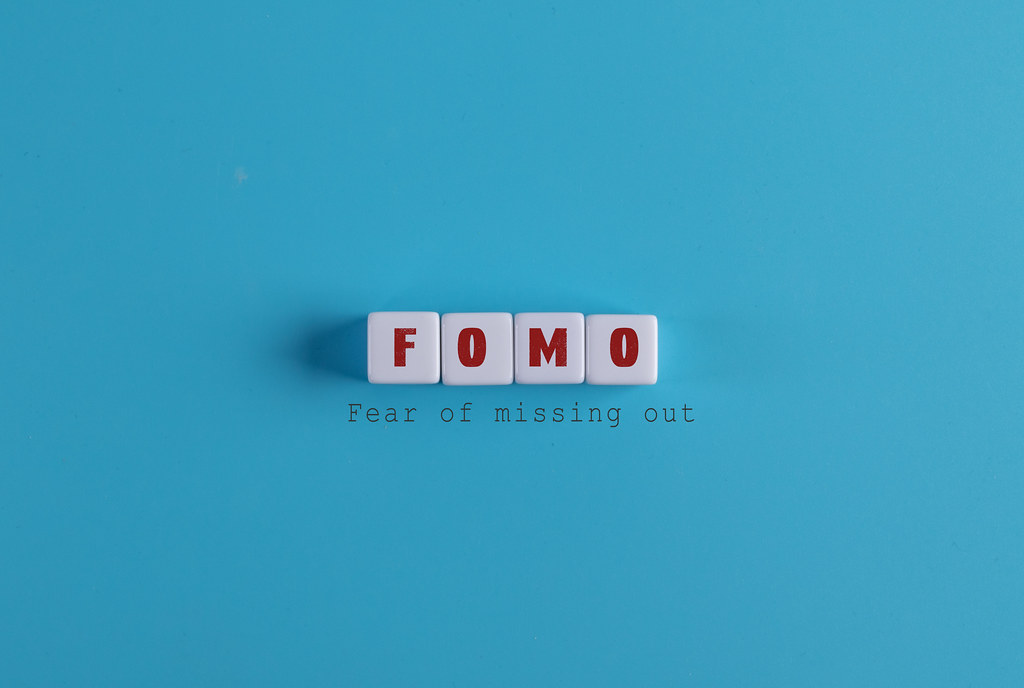
FOMO can make you feel compelled to pick up your smartphone every few seconds to check for notifications or obsessively respond to all of the alerts, even if doing so puts you in danger while driving, prevents you from getting enough sleep during the night, or causes you to prioritize online communication over interaction with people in real life.
Isolation
According to the findings of a study conducted at the University of Pennsylvania, heavy use of social media platforms like Facebook, Twitter, and Instagram may exacerbate rather than alleviate feelings of isolation. In contrast, the research showed that limiting the amount of time spent on social media could help users feel less isolated and alone as well as increase their overall health.
Can Lead to Depression and Anxiety
To maintain a psychologically stable state, humans require interaction with other humans. Making direct eye contact with a person who values you is one of the most effective ways to alleviate tension and improve one’s mood quickly and efficiently. If you give the connection on social media a higher priority than your interactions with people you meet in person, you put yourself at a greater risk of acquiring or worsening mood illnesses like anxiety and depression.
Online Bullying
Approximately 10% of teenagers say they have been bullied online, and numerous other individuals are exposed to nasty comments as well. Channels for social media like Instagram can be breeding grounds for the spread of harmful rumors, misinformation, and abuse, all of which have the potential to inflict long-lasting psychological wounds.
Self-absorption
When you post countless selfies and all of your deepest thoughts on social media, it can lead to an unhealthy level of self-importance and make it more difficult to connect with others in real life.
What Motivates You to Use Social Media Platforms?
The majority of us now use social media on our mobile devices, such as smartphones and tablets. This not only makes staying in touch quite straightforward, but it also ensures that digital networks are constantly within reach. This constant connectedness can cause problems with impulse control, with the continuous alerts and messages impacting your ability to concentrate and focus, interrupting your sleep, and turning you into a slave to your smartphone.
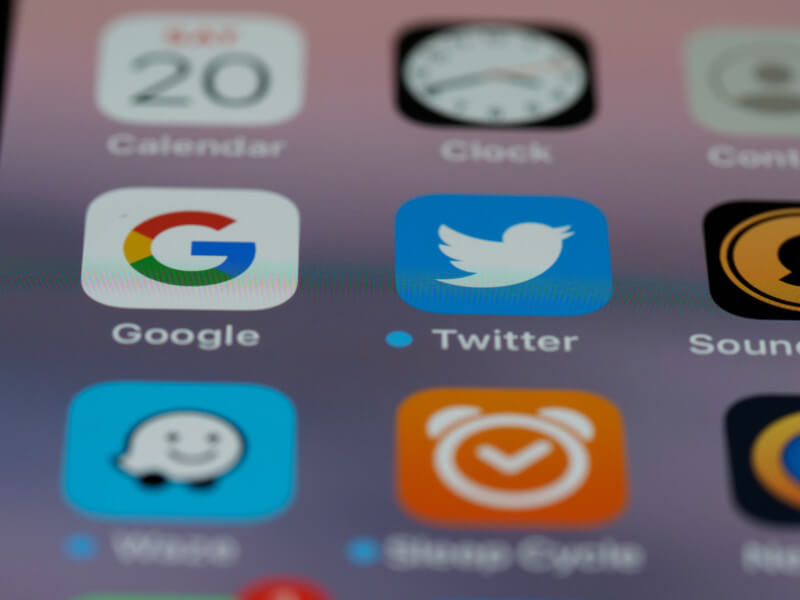
The platforms of social media are created to capture your attention, keep you online, and compel you to check your screen frequently for updates. This is how businesses generate revenue. However, similar to a compulsive need to gamble or dependence on nicotine, booze, or narcotics, a need to use social media can arise from psychological desires.
When you win at a slot machine, take a taste of chocolate, or light up a cigarette, for instance, your brain releases dopamine, the very same “pleasure” hormone that accompanies it. Should you get a like, a share, or a positive reply to a post, this can trigger the production of dopamine in your brain. When you get more out of something, you want to do more of it, even if it hurts other areas of your life. This is because social media rewards you for spending time there.
What to Look Out for if You’re Worried That Social Media is Affecting Your Mental Health
The quantity of time you devote to social media, the regularity with which you monitor posts, or the number of tweets you make are not reliable indicators of whether or not your usage of these platforms has reached an unhealthy level because everyone is different. Instead, it is related to how the time you spend on social media affects not only your mood but also other elements of your life, as well as the reasons you use it in the first place.
For instance, your use of social networking sites could be troublesome if it leads you to ignore face-to-face connections, interrupts you from school or work, or leads you to feel jealous, irritated, or depressed. Other signs that your use of social media could be troublesome include: In a similar vein, if the only reason you use social media is that you’re bored or feeling lonely, or if you intend to post something that will make other people envious or irritated, it’s probably time to reevaluate the way you use social media. Signs that your psychological state may be suffering as a result of your use of social media include the following:
- Rather than spending time with real-life pals, one spends more time on social media
- The use of social media has evolved into a replacement for a significant portion of the offline social engagement that you have. Even if you’re hanging out with friends, you can’t deny the fact that you need to monitor social media all the time. This need is often motivated by the perception that other people are having a better time than you are.
- Using social media to make unfavorable comparisons between oneself and other people
- You have a poor sense of self-esteem or a negative impression of your physique. It’s even possible that you have patterns of eating disorders.
- Being the victim of cyberbullying
- You may be concerned that you do not have any influence over what other people post online about you.
- Being preoccupied with something else while at work or school.
- You may feel pressured to post content about yourself frequently, to receive comments or likes on the stuff you submit, or to respond promptly and enthusiastically to the content your friends post.
- Being unable to spare any time for introspection Because you spend every free moment participating in social media, you have very little time, if any time at all, to reflect upon who you are, what you believe, or why you behave the way that you do—things that allow you to develop as a person.
- Putting oneself in harm’s way to amass a greater number of “likes,” “shares,” or “positive reactions” on social networking sites.
- You engage in risky behavior such as posting embarrassing content online, cyberbullying other people, or using your smartphone while driving or in other potentially hazardous situations.

